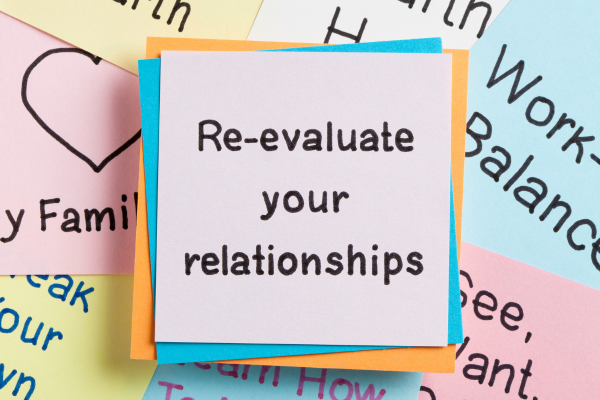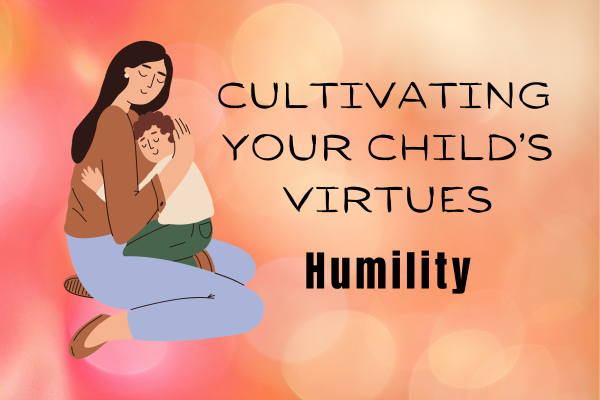
A Year End Guide to Evaluating Your Relationships
As December ushers in its gentle embrace, it offers us an invaluable opportunity to reflect not only on the year that has passed but also on the relationships that have enriched our lives. As seasons change, so do our connections with family, friends, and colleagues. In this blog post, we will delve into the art of evaluating your relationships with a heart full of encouragement and guidance, helping you make informed decisions on nurturing and cherishing these precious bonds.

Understanding the Significance of Relationship Evaluation
Our relationships are the threads that weave the fabric of our lives. They influence our emotions, well-being, and overall happiness. Taking the time to evaluate them is an act of self-care and self-awareness. Doing so can ensure that your social circle continues to be a source of support, growth, and fulfillment.
Step 1: Find a Quiet Space
Begin your journey of relationship evaluation by finding a peaceful and undisturbed space where you can reflect with clarity. Creating an environment that allows you to connect with your inner thoughts and feelings is essential.
Step 2: Reflect on Your Connections
Take a moment to reflect on your relationships with family, friends, and colleagues. Are these connections supportive and fulfilling? Do they uplift and inspire you? Assessing whether your interactions leave you feeling positive or drained, empowered or diminished is crucial.
Step 3: Recognize the Importance of Boundaries
Boundaries are the cornerstone of healthy relationships. Consider whether you’ve set clear and respectful boundaries with those in your life. Boundaries are not walls; they are bridges that define your comfort zones. Reflect on whether these boundaries have been respected and honored in your relationships.
Step 4: Nurturing Important Relationships
Some relationships are like precious gardens that require tending and nurturing. Identify the relationships that hold deep meaning for you. Have you invested enough time and effort into these connections? Reflect on ways you can strengthen and deepen these bonds.
Step 5: Letting Go of Toxic Relationships
On the flip side, it’s essential to recognize toxic relationships that may be causing you harm or holding you back. Toxic relationships can manifest in various forms, such as negativity, manipulation, or lack of respect. Reflect on whether it’s time to distance yourself from these detrimental connections for your well-being.
Step 6: Communication and Resolution
Open and honest communication is the foundation of resolving relationship conflicts and misunderstandings. Reflect on whether unresolved issues or unspoken feelings need to be addressed. Consider initiating a conversation, seeking clarity, and finding common ground.
Step 7: Set Intentions for Healthy Relationships
With your evaluation complete, it’s time to set intentions for your relationships in the year ahead. What steps can you take to enhance the quality of your connections? Perhaps it’s dedicating more quality time with loved ones, expressing your appreciation more often, or actively seeking new friendships and opportunities for personal growth.
Step 8: Seek Support and Guidance
Remember that seeking support and guidance in navigating your relationships is okay. Whether through conversations with trusted friends or seeking professional counseling, reaching out for assistance can provide valuable insights and emotional support.
As you embark on this journey of relationship evaluation, may you approach it with a compassionate heart and an open mind. Your relationships reflect your inner world and deserve your attention and care. May this reflection process bring clarity, healing, and renewed connections into your life.
May the coming year be filled with enriching relationships that lift your spirits, support your growth, and bring joy to your heart. Cherish the bonds that nurture your soul and have the courage to let go of those that no longer serve your well-being. Embrace this opportunity for growth, and may your path be filled with love, harmony, and meaningful connections.

A Compassionate Self-Assessment for the Year’s End
The first post in this series explores the significance of assessing your physical, emotional, and mental well-being and how you can gently and compassionately embark on this self-assessment journey. Read here.

Coming This Month
Setting the Stage for a Bright Future
In this third post of this series, we will delve into the art of reviewing your goals with a sense of encouragement to help you make the most of this introspective process.

Coming This Month
Embrace the Power of Vision
In our final post of this series, we will delve into the art of reviewing your goals with a sense of encouragement to help you make the most of this introspective process.
I invite you to sign up for our newsletter. It is a great way to get the Virtue of the Month and tips on relationships, parenting, and self-care. In addition, you’ll be the first to know about upcoming classes for successful families.
To sign up, visit the “Newsletter” section here on the website. Enter your email address, and you’ll receive our newsletter in your inbox on Wednesdays. I appreciate your interest in bringing out the best in your children and yourself. We look forward to keeping you informed through our newsletter!






